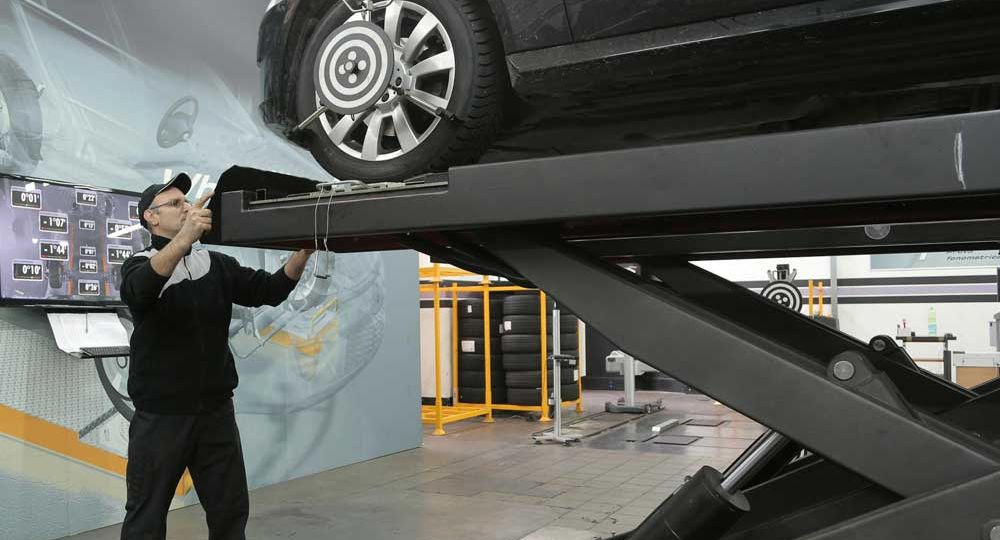
When it comes to maintaining the condition of alloy wheels, car owners often find themselves weighing up two primary options: repair and remanufacture. Both processes aim to restore the wheels to their original glory, but they differ in methods, costs, and outcomes. Let’s explore these two options to help you decide which is best for your wheels.
Alloy Wheel Repair
Repair typically refers to addressing specific areas of damage on the wheel. It’s often chosen for minor to moderate issues.
What’s Involved in Repair?
Cosmetic Fixes: This includes addressing scratches, scuffs, and small dents. It usually involves sanding, filling, and repainting the affected area.
Structural Repairs: For more severe damage, like bends or minor cracks, specialist techniques are used to restore the wheel’s shape and integrity.
Pros of Repair
Cost-Effective: Repairs are generally less expensive than remanufacturing.
Quick Turnaround: Most repairs can be completed relatively quickly.
Targeted: Only the damaged areas are treated, preserving much of the original wheel.
Cons of Repair
Limited to Certain Damages: Not all types of damage can be effectively repaired.
Potential for Mismatch: Especially in colour or finish with the rest of the wheel.
Alloy Wheel Remanufacture
Remanufacturing is a more comprehensive process, often used when wheels have sustained significant damage or when a complete refresh is desired.
What’s Involved in Remanufacture?
Stripping the Wheel: The entire wheel is stripped of its original finish.
Comprehensive Repairs: All types of damages, including severe bends and cracks, are addressed.
Refinishing: The wheel is refinished with painting, lacquering, or even customisation options.
Pros of Remanufacture:
Comprehensive Restoration: Ideal for extensively damaged wheels.
Like-New Appearance: Wheels often come out looking brand new.
Customisation Options: Opportunity to change the wheel’s appearance.
Cons of Remanufacture:
Cost: More expensive than simple repairs.
Time-Consuming: The process takes longer than basic repairs.
Choosing Between Repair and Remanufacture
The decision between repair and remanufacture largely depends on the extent of the damage and your personal preferences. Here are some considerations:
Extent of Damage: Minor damages can often be effectively repaired, but severe damages might require remanufacturing.
Cost Considerations: If cost is a major factor, repairs are more budget-friendly. However, for extensive damage, remanufacturing might be more cost-effective in the long run.
Value of the Car: For high-end or classic cars, remanufacturing might be the preferred option to maintain value and appearance.
Personal Preference: If you want a fresh new look or customisation, remanufacturing offers more options.
Safety: Always consult a professional to ensure that the chosen method does not compromise the safety and integrity of the wheel.
Conclusion
Both alloy wheel repair and remanufacture have their place in wheel maintenance. The right choice depends on the severity of the wheel damage, your budget, and what you’re hoping to achieve with the process. It’s always wise to consult with a wheel specialist like ourselves who can assess the damage and recommend the best course of action. Remember, your wheels not only contribute to the look of your car but also to its safety and performance, so keeping them in good condition is key.

